Technological advances have made it simple to transition from tape backup to cloud backup and recovery solutions. However, migrating years of data to the cloud is not a simple task. It requires thoughtful consideration.
Which Data Need to be Migrated?
Not all data needs to be migrated from tape to the cloud. Data lifetime requirements have an impact on what kind of data needs to be migrated from tape to the cloud. Short life term data may or may not be migrated to the cloud. The data can be retained on tapes and the server running the proprietary backup software may be maintained by the customer till all the lifetimes of the data have expired. Thereafter, the server and the software can be retired. Data with long-term data lifetime requirements will have to be migrated to the cloud to comply with present legal requirements for that data.
Recovering Old Data in Tapes
Tape technology itself is changing. The newer technologies / software is not made backward compatible, and much of the data copied onto tapes in the past become irrecoverable. Further, the tape owners and cloud vendors may not have access to the software that can read the data. So, the data will have to be read at the customer location using the appropriate proprietary software that was used to write the data and the output copied to a temporary location before it can be transferred to the cloud vendor’s storage.
Optimization and De-duplication
One of the significant advantages of migrating tape to cloud is the potential optimization and de-duplication of data. Incremental backup, differential backup and a host of other kinds of backup technology can be used to ensure that backup happens continuously or within a scheduled time frame efficiently and effectively.
Backup Failures Tracked
Backup failures can be tracked and corrected instantly with alerts being generated for every success or failure of a backup. Replication of data or mirroring of data is almost automatic in the cloud, but this is not the case if you are using tapes. Disk to disk replication can be automated and data can be replicated onto one or more geographically dispersed servers to ensure high availability of enterprise information. There are no replication costs, transportation costs or extra storage costs involved in the process! Further, the cloud is infinitely scalable and globally accessible, unlike tape backups.
Always Accessible
Simple web interfaces are available over the Internet and provide secure access to the information stored on remote servers in the cloud from any part of the globe 24 x 7. Data security is ensured with user access protocols and encryption of information in transition and storage.
Migrating from tape to cloud is a sign of maturity of the SMB and the enterprise. IT needs to follow technology and the cloud, unlike the tape, makes it easier to do so.
Data Deposit Box (DDB) is an award-winning cloud data backup and recovery solution, specifically designed for small, mid-sized to enterprise organizations. DDB is differentiated by its numerous value-added and industry leading features – agentless technology, on-site portable local storage, multiple off-site data centres, and virtual environments support.
About the Author: Troy Cheeseman is the President and COO of Data Deposit Box, a publicly traded (OTC: DBB), Toronto-based cloud backup service provider.

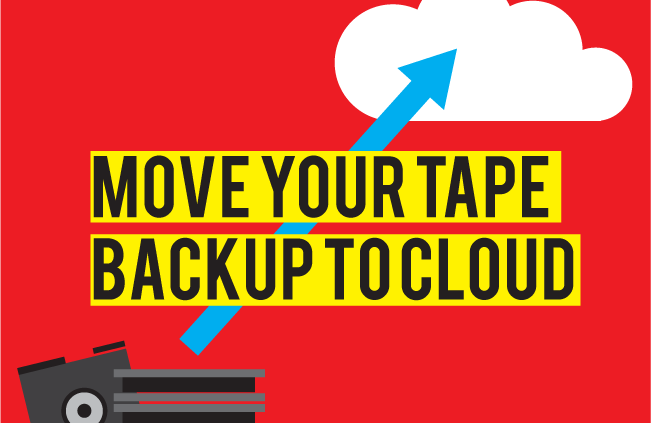
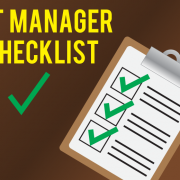

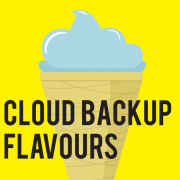
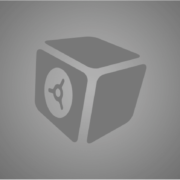


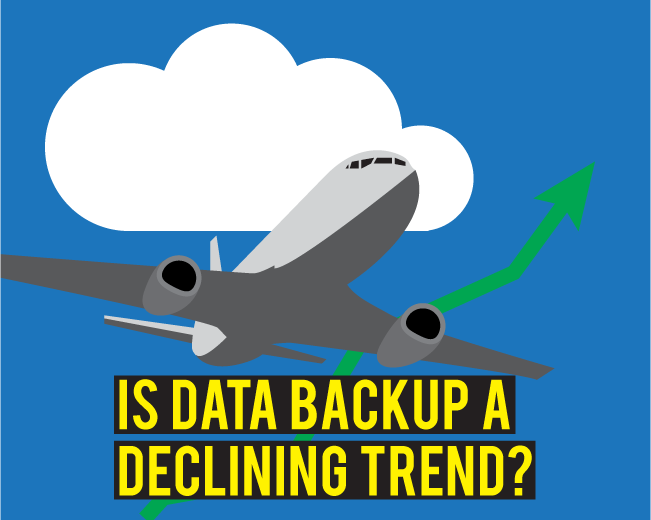
Leave a Reply
Want to join the discussion?Feel free to contribute!